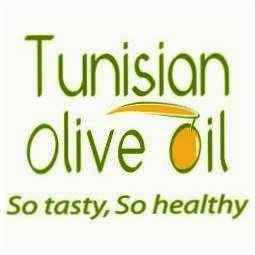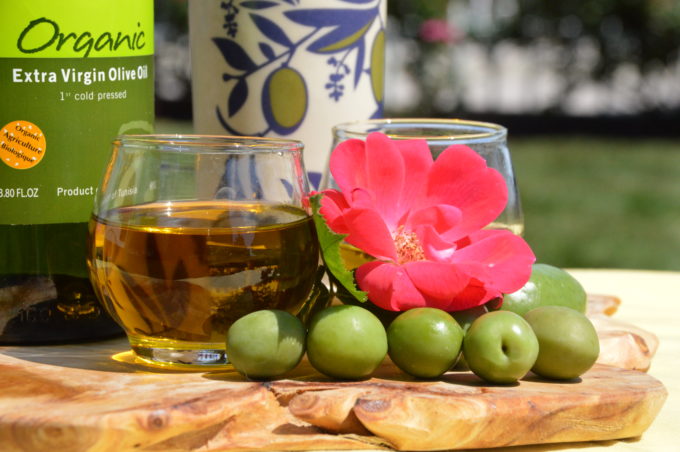What do you know about Tunisia’s healthy and tasty Olive Oils? Did you know that in 2014-2015 Tunisia was the leading olive oil exporter in the world and the second olive oil-producing nation after Spain? Tunisia has 75 million olive trees spread over 1.7 million hectares (about 4.2 million acres), which is about one-third of Tunisia’s arable land. This is all very impressive, but what’s even more remarkable is that the vast majority of Tunisian Olive Oil can be classified as naturally produced. And an astonishing 80% of the olive oils produced are classified as Extra Virgin. Olericulture (the production, processing, and marketing of olives) is the main agricultural activity for this North African nation; the workforce in this industry is 1 million strong.
The majority of Tunisian olive oil farmers do not use fertilizers or pesticides in their olive groves. Their organic olive oil production is a true testament to this country’s passionate dedication to producing high-quality olive oils using the purest of techniques combined with time-honored traditions. Their organic production has reached 25,000 tons per year, of which 40% is exported. The United States is one of the biggest importers of Tunisian Olive Oil and its organic varieties.
Tunisia’s low-chemical, non-industrial, hand-picked olive oils are an inspirational ingredient that can add great health benefits to one’s daily diet.
 Olive oil plays a key factor in the Mediterranean diet. Carefully-crafted Tunisian olive oils are rich in chlorophyll, carotene, lecithin (a natural antioxidant that stimulates the metabolism of fats, sugars, and proteins), polyphenols, and are a good source of vitamins A and D.
Olive oil plays a key factor in the Mediterranean diet. Carefully-crafted Tunisian olive oils are rich in chlorophyll, carotene, lecithin (a natural antioxidant that stimulates the metabolism of fats, sugars, and proteins), polyphenols, and are a good source of vitamins A and D.
It is no wonder that the Tunisian government has coined the phrase, So Tasty, So Healthy, for their precious olive oils.
Watch the quick video below. Tunisian Olive Oil – So tasty, So healthy!
Learn more about the production and health benefits of Tunisian Olive Oil here.

